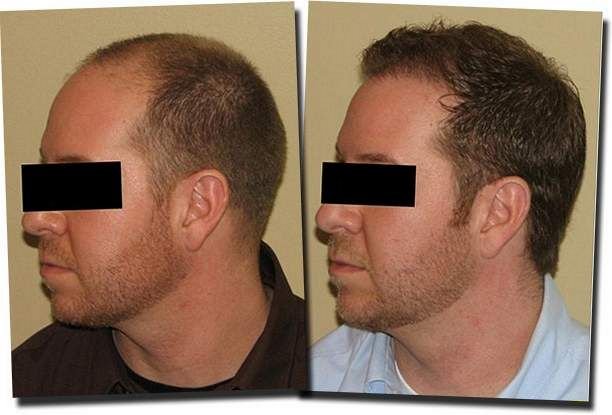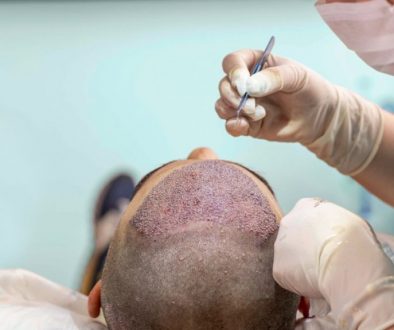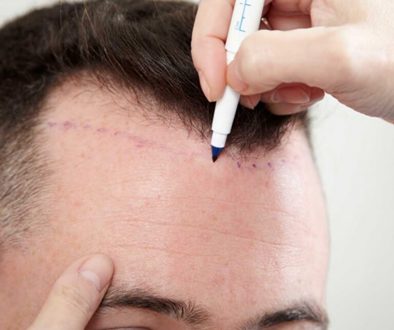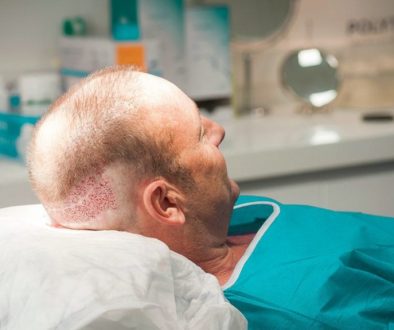Are You a Candidate for Hair Transplant Surgery?
 People often assume that any person experiencing hair loss is automatically a good candidate for hair transplant surgery. This is simply not true. In this article, we will discuss a few physical and cognitive characteristics that might stop a world renowned hair restoration surgeon from performing hair transplantation.
People often assume that any person experiencing hair loss is automatically a good candidate for hair transplant surgery. This is simply not true. In this article, we will discuss a few physical and cognitive characteristics that might stop a world renowned hair restoration surgeon from performing hair transplantation.
1. Age:
Hair Loss is often associated with old age. However, according to the “rule of decades” 20% of men develop androgenic alopecia by the age of 20. Unfortunately, men who lose their hair in their 20’s are more likely to develop an aggressive hair loss pattern. Additionally, hair is unstable in the beginning stages of male pattern baldness (MPB). This makes it difficult for a Hair Transplant Surgeon to achieve a long lasting result that will meet the patient’s expectations.
2. Expectations:
A hair transplant patient’s expectations will often affect his/her overall satisfaction with the procedure and result. If an individual is expecting to completely restore his/her hair, but has a sparse donor area and a large space to cover, expectations are not surgically achievable.
3. Donor Density:
The average donor supply can range from 4,000-10,000 follicular units. It goes without saying that having a low donor hair supply and a large balding area makes it difficult to achieve the appearance of fullness. Prior to experiencing any hair loss, most men are born with roughly 100,000 hairs on their head. This breaks down to about 50,000 follicular units thus, requiring upwards to 25,000 follicular units to completely restore the entire top of the scalp (assuming the front, mid section and vertex are completely bald). Fortunately, the average donor supply can restore the appearance of fullness in the front two thirds of the scalp with light coverage in the crown. In extreme cases a patient may not be a suitable candidate for hair transplant surgery.
Written by,
Melvin, Editorial Assistant and Forum Co-Moderator for the Hair Transplant Network, the Coalition Hair Loss Learning Center, and the Hair Loss Q & A Blog.
To share ideas with other hair loss sufferers visit our Hair Restoration Discussion Forum.



